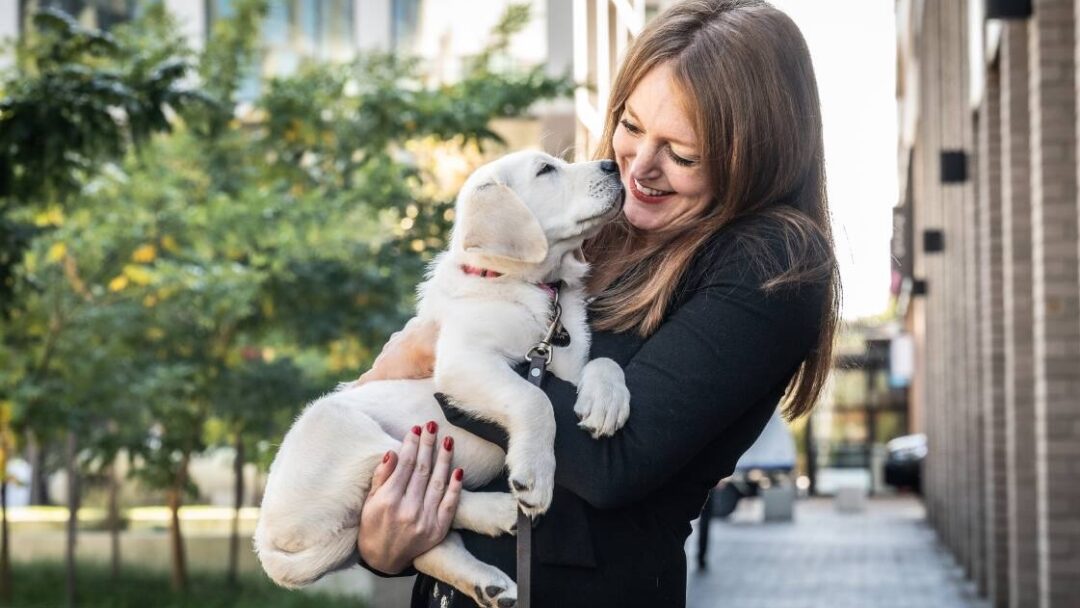News
Those within the disability community will be breathing a sigh of relief after social media giant TikTok agreed to calls to ban a disturbing hashtag trend gaining traction online.
The harmful TikTok challenge, #BlindChallenge and #BlindKidChallenge, saw users without disability mocking people with disability by way of exaggerated imitations of individuals who are blind or have low vision in order to boost their audience viewership and social media engagement, according to Guide Dogs NSW/ACT.
A spokesperson for Guide Dogs NSW/ACT contacted Powerd Media shortly after the initial story was published. The representative says that TikTok responded to the request, claiming in an email to have banned the hashtag #BlindKidChallenge and removed hundreds of videos they deemed to violate their policies.
They also said their enforcement action is continuing as they review content in relation to this that they deem might violate their community guidelines.
Guide Dogs NSW/ACT Spokesperson
Guide Dogs NSW/ACT General Manager of Social Change, Tamara Searant, says they contacted the social media company in the wake of the harmful hashtags beginning to circulate on the popular platform.
“As soon as we heard about it, we contacted the social media companies and we've been told that they're reviewing the issue,” she says. “We made sure it went to their communications and trust and safety team so that they can address it directly.”
The #BlindKidChallenge isn’t the first viral social media trend to cause distress among the disability community, according to Epilepsy Action Australia.
Epilepsy Action Australia, a leading epilepsy support organisation, explains that back in 2020, the hashtag #SeizureChallenge encouraged young people pretend to suffer or die from a fit, accompanied by jaunty pop music and dancing.
In a statement released via the website, Epilepsy Action Australia’s CEO, Carol Ireland, stressed that living with epilepsy is no joke.
“Mocking or bullying anyone with a medical condition should simply never be tolerated – on any platform,” she says. “We are here to protect and support people…that includes advocating to ensure this sort of content is stopped.
Carol Ireland
